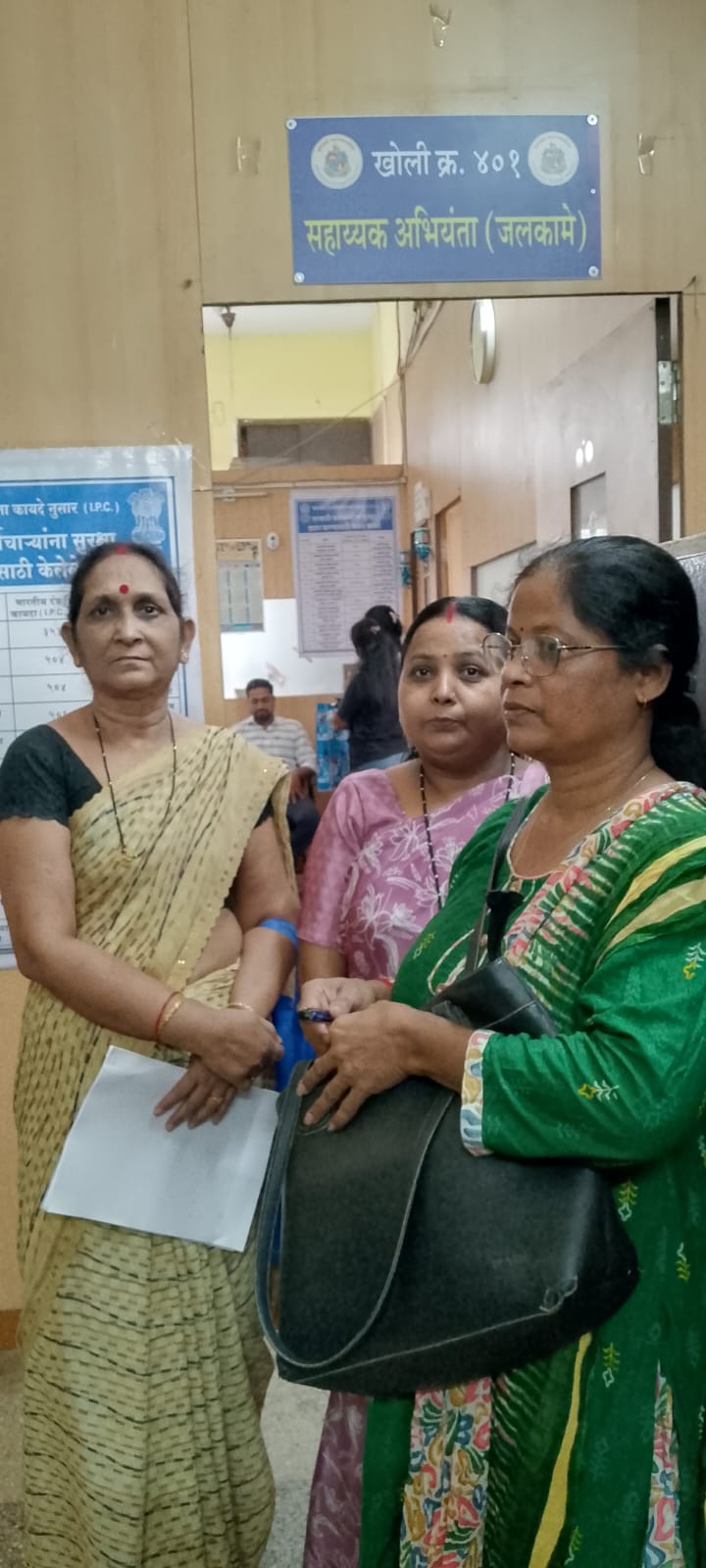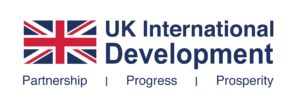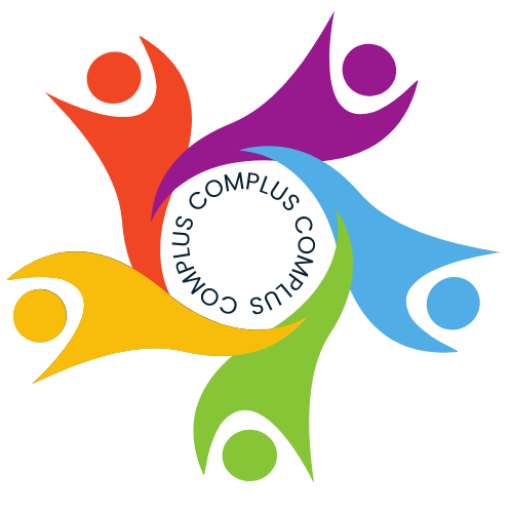When Communities Come Together, They Win
Against this backdrop, an inspiring story of resilience and collective action has emerged. Under the COMPLUS project, the Society for Promotion of Area Resource Centres (SPARC), has formed area committees across ten neighborhoods in Mumbai. These committees, composed of trained community volunteers , tackle a range of issues—from health education and monitoring child health to liaising with local authorities to resolve systemic problems. The core philosophy of COMPLUS is simple yet powerful: empower communities to drive solutions from the ground up.
The committee in Parsiwadi was formed last year. Its members and work reflect the historicity of the area. It’s a settlement historically owned by the Parsi community, and is made up of several chawls, each with its own unique name and character. Over time, people began migrating and settling here under the pagdi system. Today, the community is diverse. This shows in the membership of the committee as only two of them hail from Mumbai, the rest come from various parts of Maharashtra and Uttar Pradesh.
The committee was established to address pressing local concerns, particularly around water, sanitation, and health—issues that are deeply felt due to the high prevalence of disease in the area. Initial insights came from conversations with the local shakha pramukh (community head) The shakha pramukh is the local party member and Medical Officer of Health (MOH), which provided leads on the history and current challenges of the community. As the team engaged further, they began holding regular meetings with local women, who offered crucial inputs.
The community identified water and sanitation as key issues, with other healthcare issues including access to quality public healthcare services (PHCs). With just one water connection for every five households and unreliable supply from the Water Department, the residents installed a motor themselves to regulate water flow. Water starts circulating from 3:30 p.m. onwards, but residents still rely on buckets and a shared community toilet, which remains unhygienic. The water pressure was too low and duration for receiving water wasn’t enough. The committee, which covers 70 households, continues to push for improved services and dignity for the residents of Parsiwadi.
Last year, COMPLUS field staff Bhagyashree Kadam and Bapu Gavthe began engaging with the community and formed a health committee consisting of women. In one meeting, they discussed hygiene practices, emphasising the importance of handwashing and keeping utensils clean. However, participants raised a critical issue—they didn’t receive enough water to maintain such hygiene standards. This concern resurfaced in subsequent meetings.
We learnt that one of the most pressing challenges faced by the residents of Parsi Wadi was water scarcity. Until early 2022, piped water supply had been sufficient, but in the months that followed, water pressure declined dramatically, leaving families struggling to meet their daily needs.
“The water isn’t enough to fill more than four to five buckets a day. A household has to manage bathing, washing utensils, washing clothes, and hygiene within this. If a household has 4-5 members, how will this be enough?” said Kadam.
As water availability dwindled, even the community toilets suffered, making sanitation an urgent concern. Lives of women were hampered. They had to set aside all their engagements to fill water. Repeated complaints to the Brihanmumbai Municipal Corporation (BMC) revealed that the old water pipes needed replacement. However, this solution came with a significant hurdle—the roads, not just in Parsi Wadi but also in the surrounding localities, needed to be dug up. Residents of unaffected areas resisted the work, reluctant to deal with the temporary disruption.

This is not just inconvenience — it’s inequality,” said Prema The committee members took on the challenge head-on. As an immediate measure, to manage conflicts over water, the community formed smaller groups with a minimum of nine members. This arrangement helps households closer to each other coordinate and split water collection timings.
For a long-term solution, they united the community, gathered documentation of previous complaints, and persistently approached the BMC. They used the letters and followed up every 15 days with the BMC officials. Women led the charge, visiting BMC offices repeatedly in groups, demanding action. Beyond bureaucratic engagement, the committee members also took on the crucial task of convincing neighboring residents to support the pipe replacement.
“If no one takes action, then we will raise our voices ourselves — I will. Someone has to step up, so why not me? There are four or five women in this area who always come forward. Because real leadership is never a solo act,” said Kavita.
Their efforts paid off. On 26 March, 2025, a formal letter was submitted to the BMC. The very next day, on 27 March, 2025, work began. The residents of Parsi Wadi remained actively involved throughout, ensuring smooth progress by helping mediate with other communities and keeping the pressure on authorities.
Once the work is completed, residents of Parsi Wadi will have access to an adequate water supply. Each house will still not receive a separate water connection and each tap will be shared by two to three households or more. However, the improved supply will be sufficient to meet their daily needs and ensure better hygiene.
This victory is more than just about water—it’s about the power of collective action. It’s a testament to what can be achieved when communities come together to demand their rights. Parsi Wadi’s success story underscores a crucial lesson: when communities unite, change is inevitable.


